With the revelation that the accused in the Kalyan rape-murder of a 12-year-old was out on bail in a previous POCSO case, experts decry lapses in the justice system that play to criminals’ advantage, leaving victims to pay the cost
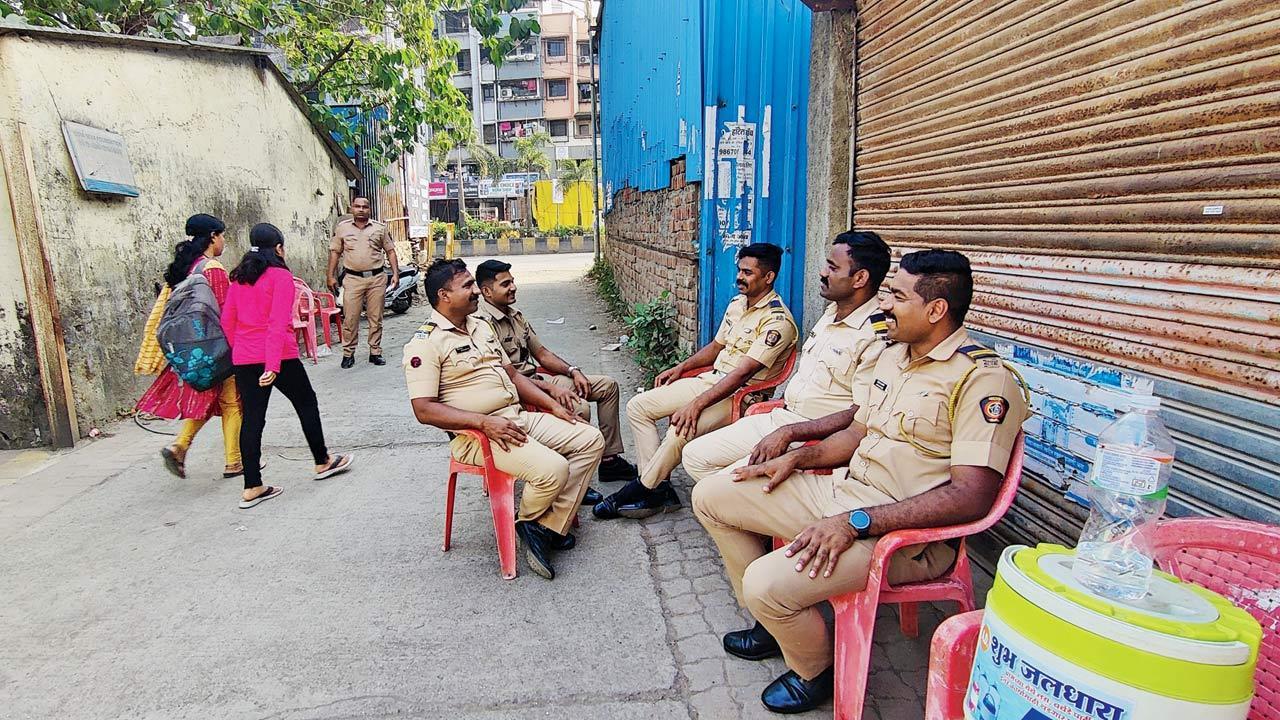
Local and state police personnel stand guard in the Kalyan neighbourhood where the accused and victim lived. Pics/Nimesh Dave
Sahab, galti ho gayi.” That’s what Vishal Gawli, 28, told the police when he was apprehended on suspicion of having sexually assaulted and murdered a 12-year-old in his neighbourhood in Kalyan on December 23.
ADVERTISEMENT
Perhaps it wasn’t his “lapse” alone that resulted in the tragedy.
It has since emerged that Gawli is a history-sheeter, with more than eight criminal cases lodged against him. Half of those were sexual offences, including two cases of sexual abuse against children registered under the POCSO Act. All cases are registered at Kolsewadi police station, which is where the December 23 case was also lodged. All eight cases—which date as far back as 2014—are under trial and Gawli got out on bail each time. His most recent arrest was in a 2023 POCSO case, on charges of molesting a minor. It was while he was out on bail in that case that he allegedly kidnapped, sexually assaulted and asphyxiated the 12-year-old last month.
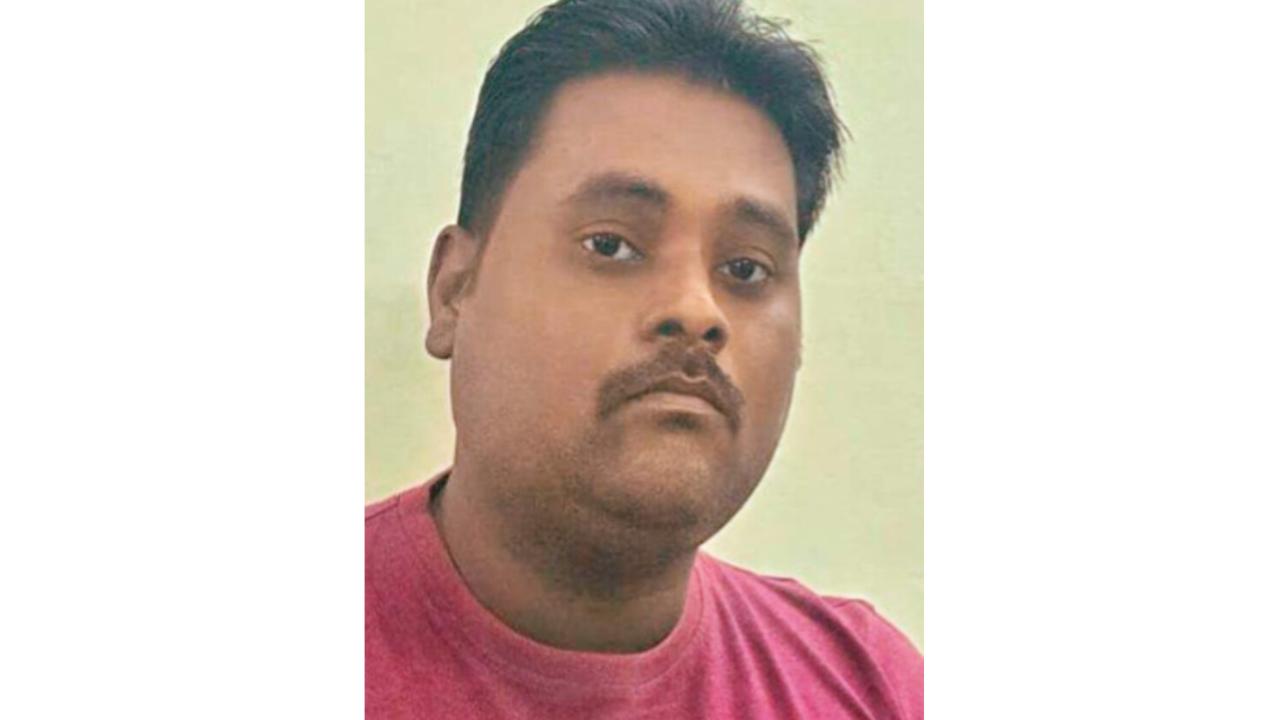
Vishal Gawli, the accused
Why was an alleged sexual predator let out on bail despite two previous POCSO cases and two other sexual offences registered against him? This, despite the fact that each time he was granted bail, he allegedly committed yet another crime, which should have prevented him from receiving any further relief. Criminologists, child rights activists, academicians and psychiatrists are now raising serious concerns over lacunae in the criminal justice system that may be letting alleged sex offenders out of jail on bail, leaving them free to prey on their next victim.
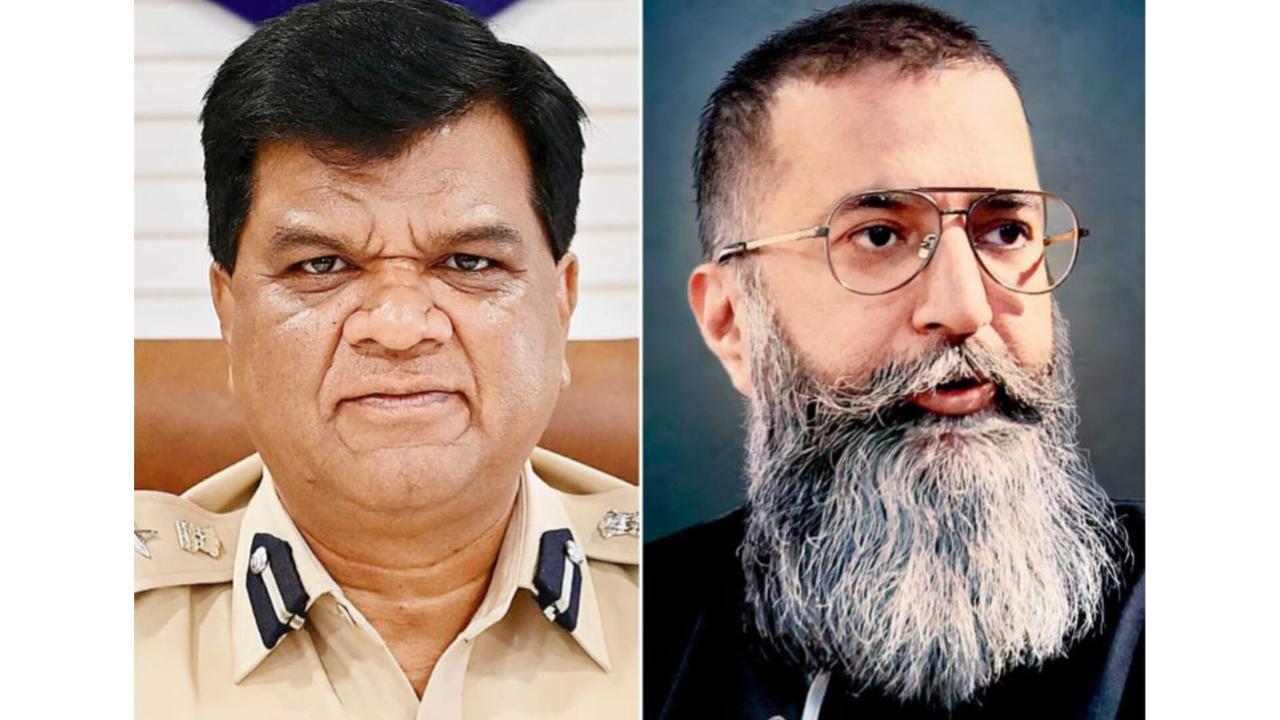
Addl CP Sanjay Jadhav (L); Bhuwan Ribhu
The Kalyan case comes at a time when Thane district is still shaken from the Badlapur school sexual assault case in August 2024. The furore over the Badlapur case had prompted the Thane City Police to incorporate several measures to better protect women and children from sexual violence, including setting up a database of all undertrial and convicted POCSO offenders in their jurisdiction, so the force could keep an eye on them. The revelation about Gawli being a history-sheeter is now likely to add momentum to the police’s efforts on this front.
It was, in fact, this database that helped the police zero in on Gawli as the prime suspect in the Kalyan case when no other leads were panning out. The victim’s parents had suspected a neighbour, but on questioning him, the cops found he had no role in the incident. “It was only when ACP Kalyanji Ghete and Inspector (Crime) Ganesh Nhayade of Kolsewadi police station went through the police database of habitual offenders that Gawli appeared on their radar,” says Sanjay Jadhav, Additional Commissioner of Police (East Region).
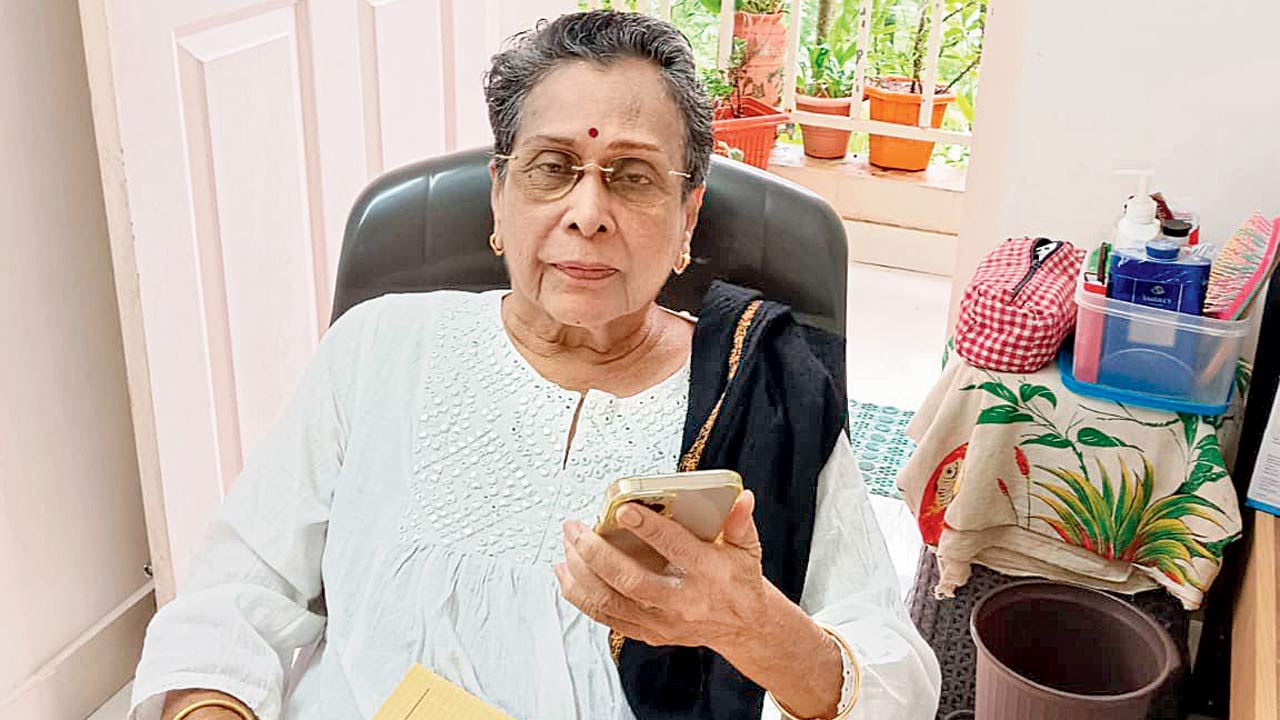 Rohini Salian, former Chief Public Prosecutor
Rohini Salian, former Chief Public Prosecutor
The police discovered that not only was Gawli out on bail on another POCSO case, but he also lived in the same neighbourhood as the victim, in the building opposite the chawl where she resided. While this helped the police apprehend the accused within two days of the incident, it also raises questions about why an alleged POCSO offender was let out of jail to begin with.
Unconfirmed news reports stated that the accused had produced a doctor’s certificate citing a mental health condition, on the basis of which he allegedly got bail in the 2023 POCSO case.
However, DCP (Zone 3) Atul Zende and the investigating officer in the case both denied this, stating, “We have checked all the previous bail records of the accused, and have not come across any mention of a mental health issue cited as the reason for granting bail. We are still inquiring the grounds for bail in his previous cases.”
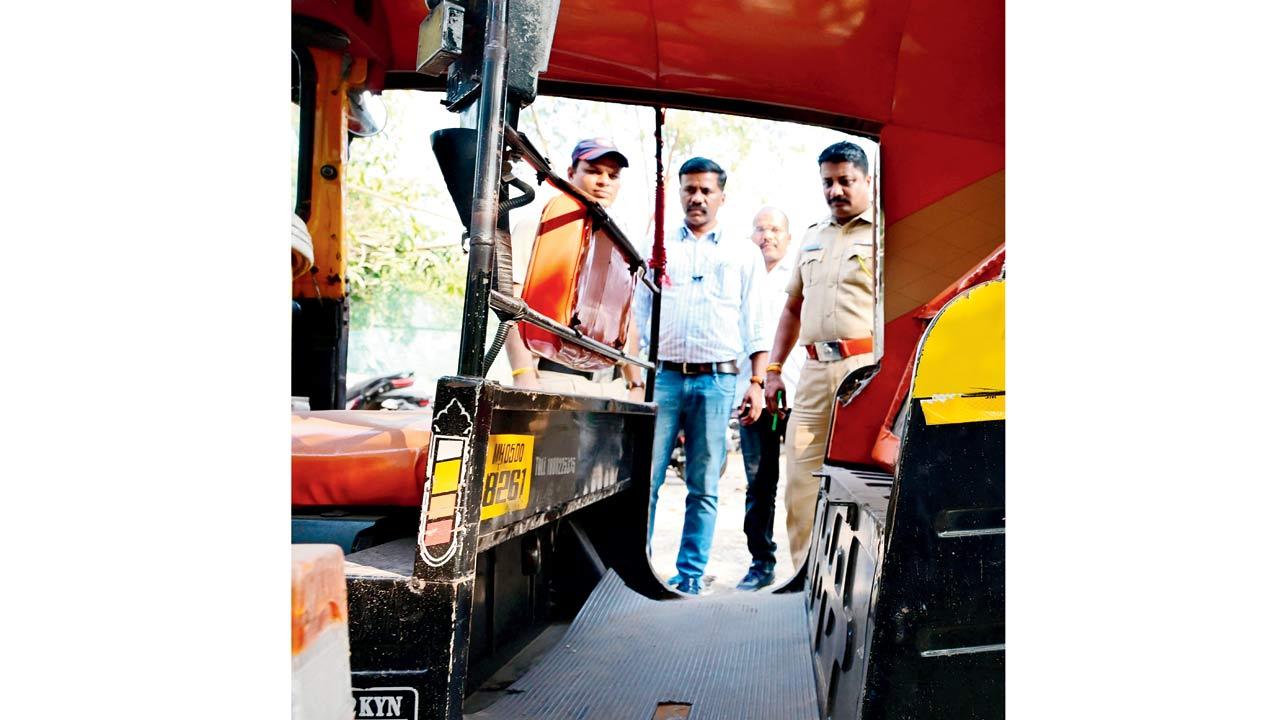 The 12-year-old’s body was transported in this auto rickshaw and dumped along the wall of this burial ground in Kalyan
The 12-year-old’s body was transported in this auto rickshaw and dumped along the wall of this burial ground in Kalyan
Whether or not the accused claimed to have a mental health issue is a moot point, say experts. His claim’s veracity would have to be doubly ascertained. Under the Mental Healthcare Act, 2017, such an accused would be referred to the mental health review board, who evaluate and certify his or her mental health condition and, if required, the court would then refer the undertrial to the care of a hospital. Under no circumstances would this be grounds for release into society on bail, says Dr Harish Shetty, a well-known psychiatrist attached to Dr LH Hiranandani Hospital, Powai.
“Preliminary inquiries have revealed that the accused had committed the last POCSO crime of molestation in August 2023. He was behind bars for approximately 60 days, till October 2023, before he was released on bail,” adds DCP Zende.
The police official further confirms that as per their preliminary findings, the accused had likely spent a cumulative of two -and-a-half to three years in jail in connection with the cases lodged against him between 2014 and 2023, even as trial remains underway in all eight cases.
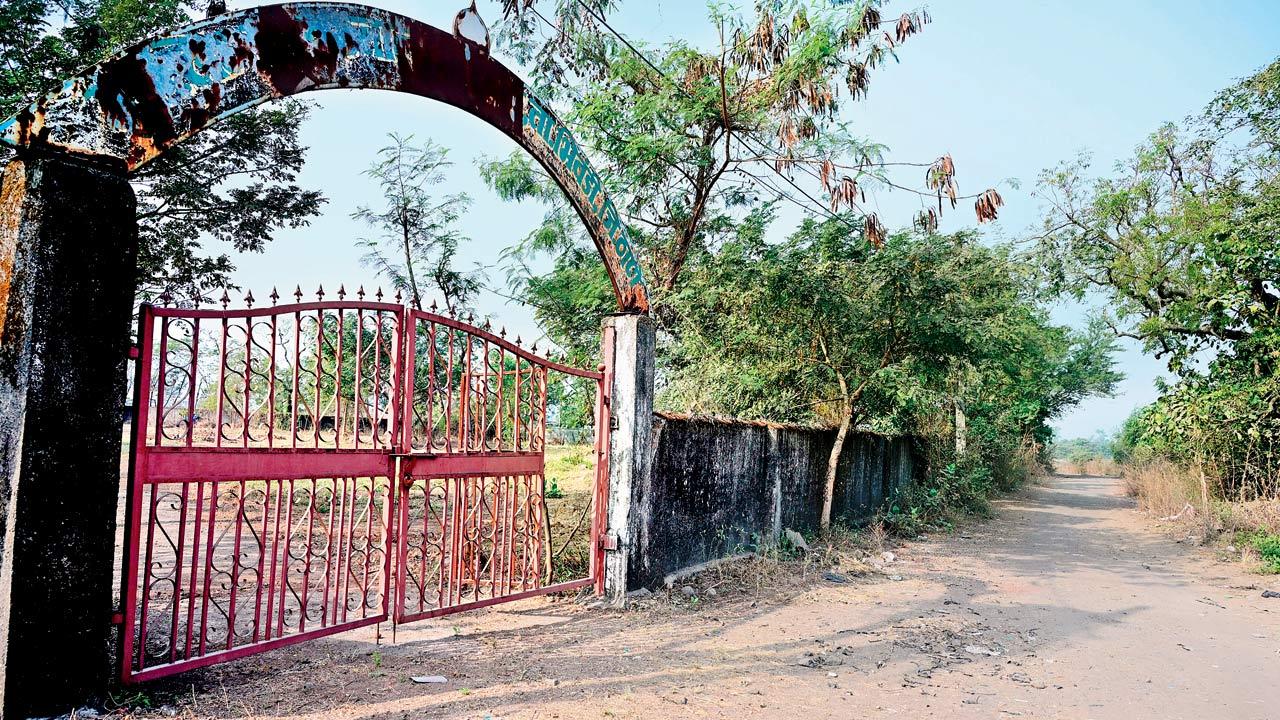
While the Indian justice system is moving towards the policy of “bail not jail” in an effort to be cognisant of the human rights of criminal accused and undertrials—especially in light of trials dragging on for years—it bears examining whether this lenience should be applied for heinous crimes as well, especially when it comes to rape and POCSO cases.
Dr Tanaya Kamlakar, who is Assistant Professor (Law) at the Maharashtra National Law University, Mumbai, as well as Director of the Centre for Research in Criminal Justice, tells Sunday mid-day: “In this case, the accused already has eight prior offences registered against him. This goes a long way to indicate that one has to be very careful while leaving such an offender out on bail, or expecting reformation from a person with such criminal tendencies.”
“Gawli took the victim to his house, where he raped and killed her. He saw her parents searching for her in a devastated and panicked state of mind, when the body was actually with him. Undeterred, he took the help of his wife—maybe by threatening her as well—to dispose of the body and conceal the commission of offence. It shows he is a tormented predatory criminal,” she adds.
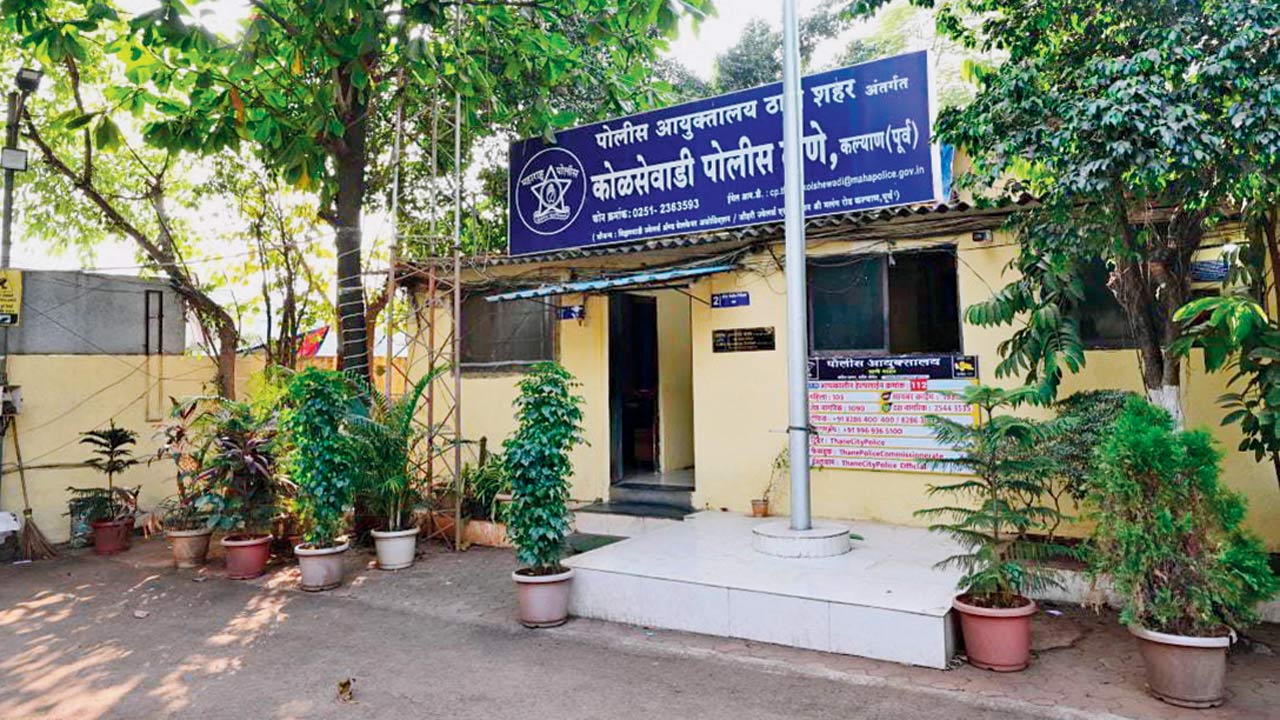 All eight cases against Gawli are registered at Kolsewadi police station
All eight cases against Gawli are registered at Kolsewadi police station
Profiling of sexual offenders and segregation of repeat offenders from human habitations are crucial if the government wants to ensure the safety of women and children from sexual crimes, adds Dr Kamlakar.
The Kalyan sexual assault-murder case highlights yet another lapse in the country’s criminal justice system—slow pace of trials, despite fast track courts being set up under the POCSO Act to dispense justice swiftly to survivors and victims.
Also Read: Kalyan rape-murder case: Court remands accused couple in 14-day judicial custody
“If the trials in any of Gawli’s earlier offences had been concluded, he would not have had the opportunity to execute another crime. While reformation of criminals holds significance, speedy justice and punishment of such offenders is equally important for the deterrence of crime,” Dr Kamlakar emphasises.
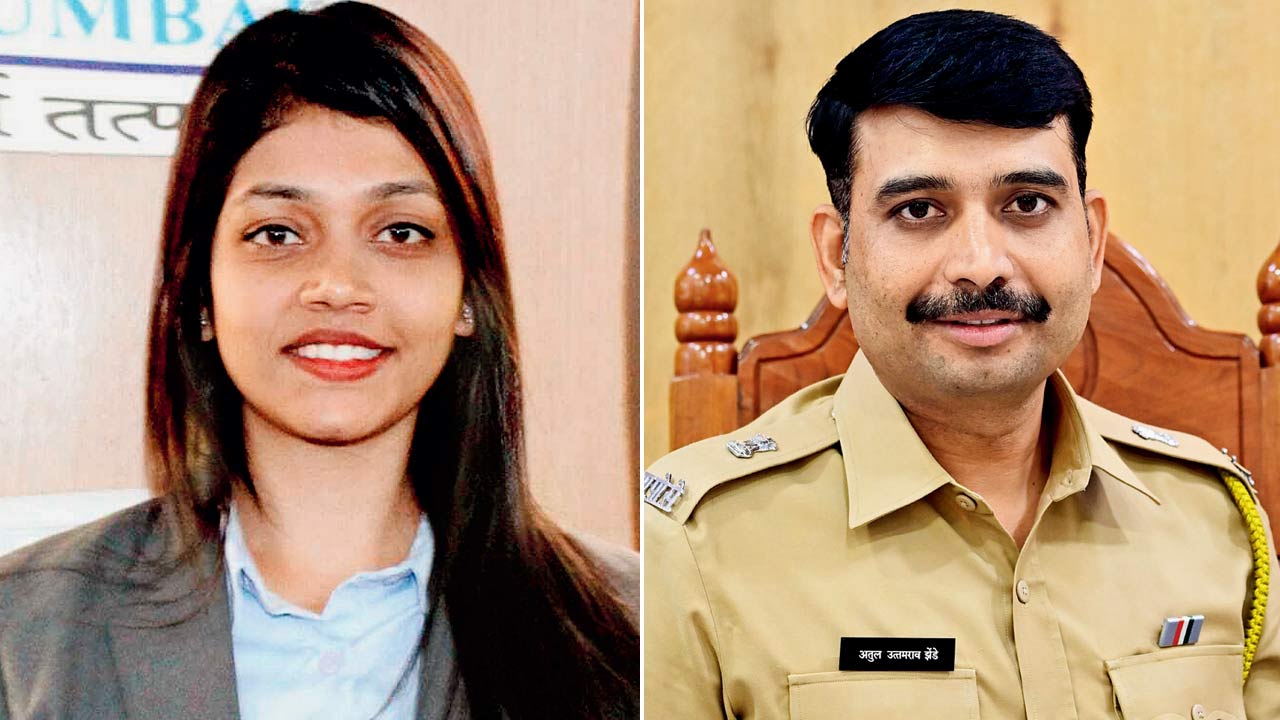 Dr Tanaya Kamlakar and Atul Zende, DCP
Dr Tanaya Kamlakar and Atul Zende, DCP
As per the Crime in India Report 2022 by the National Crime Records Bureau, there are a total of 94,930 cases registered for rape (under Section 376 of the Indian Penal Code) and Protection of Children from Sexual Offences (POCSO) Act. Of these, 33.2 per cent are IPC cases and 66.8 per cent are POCSO cases. The average disposal rate for these cases stood at a mere 10 per cent, even as crimes against women and children rose by 10.9 per cent that year.
A study conducted in 2017 revealed that if no new case of child sexual abuse was reported, it would still take 20 years to dispose of the cases that were pending as of the end of 2016. It was to tackle this backlog that the Supreme Court had in 2019 passed a detailed order mandating the setting up of exclusive fast-track courts for the trial of cases under POCSO Act.
As per the Bharatiya Nagarik Suraksha Sanhita (BNSS), trial in rape cases needs to be completed within two months of the chargesheet being filed, while POCSO Act mandates that trials be completed in a year. If the BNSS and POCSO guidelines are adhered to, fast-track courts would need to dispose of 554 cases every day to clear the total backlog of over two lakh rape and POCSO cases, states the 2022 report, Fast Tracking Justice —Role of Fast Track Courts in Reducing Case Backlogs, published by child flights organisation India Child Protection.
The low disposal rate of cases is accompanied by a dismal conviction rate—just three per cent in 2022—points out advocate and activist, Bhuwan Ribhu, Founder of Just Rights for Children. With such poor conviction rates, there is little fear of law among criminals, emboldening them to commit further crimes, while the public’s faith in the justice system is further eroded. “Every day, thousands of cases go unreported because of the trust deficit in the legal system. This is the biggest travesty of justice,” says Ribhu, further stressing: “There needs to be a culture of accountability in the responding agencies, including police, rehabilitation services and the judiciary, and the issue requires a systemic overhaul through systematic change. The accused’s right of bail, especially in cases of repeat offenders, must not be allowed to supersede the right to protection for society and our children.”
Poor conviction rates and trial delays are not the only issue; Ribhu points out: “The law mandates compensation to victims. We are currently assisting the Delhi High Court, where over 87,000 victims in rape and POCSO cases have not been provided compensation, extending their ordeal further.”
Advocate Rohini Salian, former Chief Public Prosecutor, tells this reporter, “It is unfortunate that the POCSO Act, which was introduced to safeguard children from sexual offences by setting up fast-track courts, has not been able to deliver verdicts in a time-bound manner. This allows habitual perverts to look for new targets once they are out on bail.”
“It is the judiciary which needs to take proactive steps before granting bail to such habitual offenders, by making police accountable for continuous monitoring of the accused out on bail, or else he continues to pose a threat to the society, rendering a stringent act like POSCO meaningless,” she adds.
India would do well to follow the UK in this respect, says Dr Beulah Shekhar, former Chair Professor of Criminology at Loknayak Jayprakash Narayan and National Institute of Criminology and Forensic Science. “The UK’s Child Sex Offender Disclosure Scheme allows citizens to ask the police if someone working or living in proximity to children has a record of child sexual offences. It is high time that India should also have similar laws, and data banks on child sex offenders,” she says.
The scheme, while not a law, is commonly called Sarah’s Law after eight-year-old Sarah Payne, who was murdered in 2000 by a convicted sex offender.
Dr Shetty agrees that India needs a similar scheme. “POCSO offenders should be identified and their names should be passed on to the community, as is done in the West,” he says.
On the other hand, others warn against a knee-jerk reaction that might result in ethical compromises over the basic rights of prisoners. “It is essential to approach discussions on such sensitive issues with a scientific and ethical lens,” says Dr Suresh Bada Math, Professor of Psychiatry and Head of Forensic Psychiatry Unit at the National Institute of Mental Health and Neuro Sciences, Bangalore.
“For a comprehensive understanding, it is vital to conduct a detailed analysis of all victims, analyse the crime scene, examine the modus operandi, interview survivors (if any), and review medical and postmortem findings. We need to check for similar unsolved cases involving children in the neighbouring police stations and investigate them too. Additionally, an assessment of the accused, including their family history, upbringing, personality traits, and psychological evaluation, is crucial. Without such holistic data, forming opinions or making generalized statements would be both premature and unethical,” he cautions.
Psychiatrist Dr Shetty points out that there is also a wider, social problem at play. “When an accused who has multiple cases roams is allowed to roam free, it reflects the societal indifference and callousness. It also reveals a lack of fear and the absence of societal vigilance against antisocial behaviours in closed communities,” he adds.
Schools have become a key focus area for the police’s outreach programme as well, with Additional CP Sanjay Jadhav stating, “We are in the process of working out certain Dos and Don’ts for children and women [to prevent sex crimes]. Our police teams have started visiting schools and institutions in our vicinity to educate the students and faculty members about crimes against children and women and how to be extra vigilant against them.”
Dr Shetty points out that the Kalyan victim was left even more vulnerable because she had never been sent to school by her parents and missed out on such programmes. “In the absence of schooling, and without any education of good or bad touch, she became easy prey for the accused,” he says, adding that this also reveals the disempowered status of the family.
Meanwhile, on Saturday, Gawli and his wife and accomplice Sakshi were sent to magisterial custody until January 18, says Investigating Officer Ganesh Nhayade. The cops also had a major breakthrough on tracing Gawli’s mobile phone and SIM card. They are looking for the bag in which the body was moved from the crime scene. The next date of hearing is January 18.
Society’s role
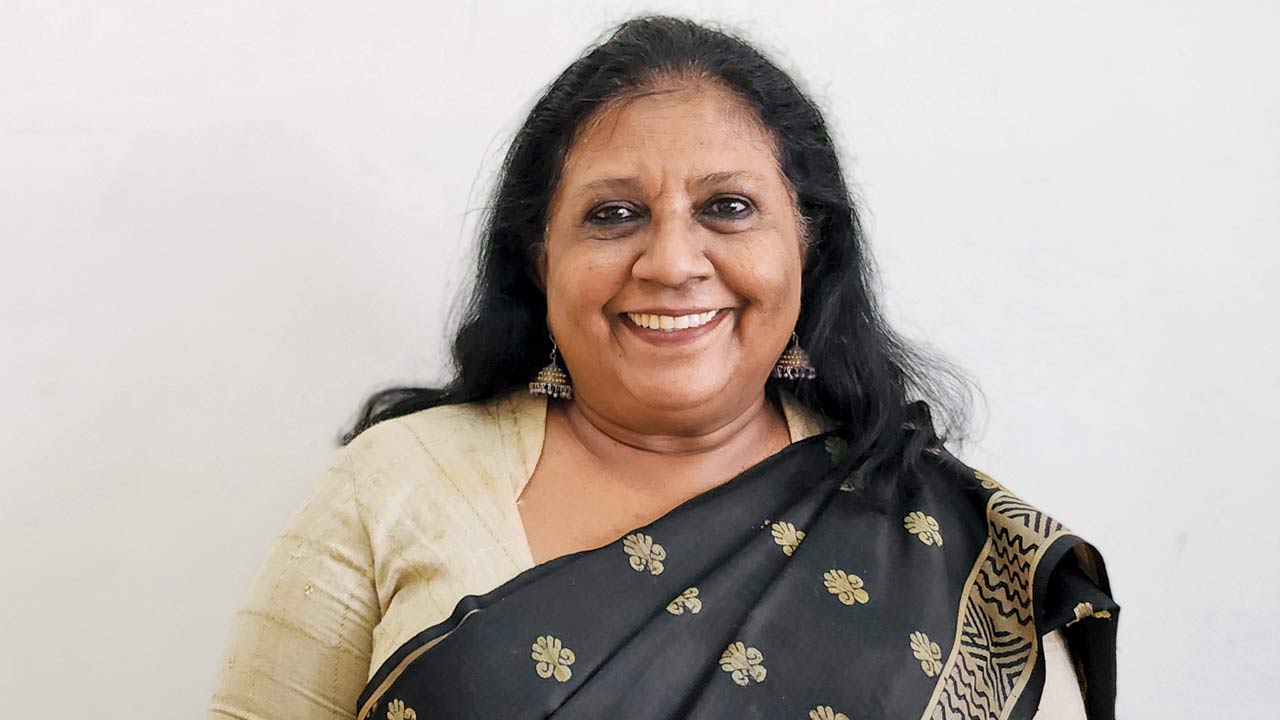 Dr Beulah Shekhar
Dr Beulah Shekhar
Criminologist Dr Beulah Shekhar cites the “crime and routine activity theory” proposed by Marcus Felson and Lawrence E Cohen in 1979, which highlights three basic ingredients for criminal activity: “a potential offender, a suitable target, and the absence of a capable guardian.”
“Where does gender-based violence begin? Why does it happen? Felson and Cohen cited three crucial components—firstly, a suitable target, where in a person is vulnerable and is easily attacked or targeted; second is motivated offenders who are ready to commit the crime and certain they will get away with it; and third, the absence of capable guardians, which is the most important thing. If any one of these components are removed, gender based violence will not occur,” says Shekhar.
“This can happen by either removing the suitable target—by making the target less vulnerable, or reducing the motivation of the offender by ending impunity, as the certainty of punishment and not the severity, will deter him. Finally, the situation can also be neutralised by the presence of a capable guardian. We need to work on all three areas: work with potential targets by making them less vulnerable; with potential offenders by ensuring punishment for crimes; and by society acting as a capable guardian, instead of standing by and letting the crime happen,” she explains.
Dr Shekhar adds that one way to ensure children are less vulnerable is to train society at large to be alert to any potential sexual crime. “While handling the 1098 Childline helpline, we had trained auto drivers and bus conductors to look for such vulnerable children, whose body language would speak volumes about their discomfort on being with a stranger, who may either intimidate or touch them inappropriately. These trained conductors and auto drivers can then raise a red flag and seek the police’s or Childline’s assistance. We must understand that police are public in uniform, while the public are police without uniform. It is high time that society becomes vigilant and looks for such perpetrators around us,” warns Dr Shekhar.
History-sheeter
2014
Unnatural sex without consent (section 377 of IPC)
2015
Attempt to murder (IPC)
2016
Child molestation (POCSO Act)
2018
Externed from Thane district for 2 years
2019
Breached externment order
2021
Molestation (IPC)
2022
Robbery (IPC)
2023
Child molestation (POCSO)
*Source: DCP (Zone 3) Atul Zende
Statistics: Number speaks volumes
Data published by India Child Protection, in their latest report on Fast Tracking Justice – Role of Fast Track Courts in Reducing Case Backlogs, stated, “Child sexual abuse is one such criminal category that plagues the children of India. Despite concentrated efforts, legal provisions and an improved support system, child sexual abuse is still considered taboo and the majority of people prefer to keep silent on the issue.
As per Crime in India Report by National Crime Records Bureau 2022 the total cases registered against women and children for rape (Indian Penal Code (IPC) Sec 376) and Protection of Children from Sexual Offences Act, 2012 (POCSO) is 94,930 of which, 33.2 percent accounts for the rape cases and 66.8 percent accounts for the POCSO cases. In 2022, cases related to crime against women and children has witnessed a significant increase of 10.9 percent and the average disposal rate of these cases stand out to be only 10 percent. A study conducted in 2017 revealed that if no new case of child sexual abuse was reported, then it would still take 20 years to dispose the pending cases as of the end of 2016. Looking at the alarming rise in the number of reported child rape incidents and the pendency in the disposal of cases, the Supreme Court of India on 16 December 2019 passed a detailed order with directions to State Governments on the setting up of exclusive courts for the trial of cases under POCSO Act. This was in continuance of the 25 July 2019 order, when it had directed all states to ensure that an exclusive POCSO court be set up within 60 days in every district that has more than 100 POCSO cases pending.
The Indian judicial system has long grappled with challenges such as case backlogs, delays, and inefficiencies, necessitating the adoption of measures for expeditious justice delivery. In response to these issues, Fast Track Special Courts were introduced as a specialized approach, stemming from Supreme Court orders issued on 25 July 2019, and December 16, 2019. Following the incident of December 2012 (Nirbhaya incident), the Government came up with a dedicated fund known as the Nirbhaya Fund. The main objective behind setting up this fund was to provide funds that could be utilized towards schemes specifically designed to improve the safety and security of women in the country. However 24 percent (INR 1,700 Cr.) of the Nirbhaya Fund remain unutilised and unallocated. As of the financial year 2023-24, the Nirbhaya Fund has been allocated a total of INR 7,213 Cr. Of which INR 5,513 Cr. has been released and utilised, which constitutes about 76 percent of the total allocation. This unutilised amount of the Nirbhaya Fund may be utilised for the establishment and smooth functioning of additional FTSCs. A total of INR 1,952 Cr. has been allocated for extension of the existing FTSCs for three years, till 2026, roughly INR 651 Cr per year.
Performance of Fast Track Special Courts (FTSC)
- As of August 2024, a total of 755 Fast Track Special Courts, including 410 exclusive POCSO courts, are functional out of the 1023 earmarked courts.
- In total, 4,16,638 rape and POCSO cases have been instituted in FTSCs since the inception of the Scheme.
- FTSCs have shown remarkable efficiency by disposing of 52 percent of the cases filed since their inception. A total of 2,14,463 out of 4,16,638 cases were disposed since the initiation of the FTSC Scheme.
- Maharashtra (80%) and Punjab (71%) have recorded a high rate of disposal of cases, which is well above the national average (52%).
- West Bengal has recorded the lowest rate of disposal (2%) among all states and union territories. It is also due to the fact that the state has made functional only 3 out of 123 earmarked FTSCs.
- In 2023 alone, 81,471 new rape and POCSO cases were instituted, of which a total of displayed significantly higher efficiency, with a disposal rate of 83 percent in the same year, which saw a further increase to 94 percent in 2023.
- As per the estimates based only on the central government’s share of funding, the average operating/functioning cost per FTSC was estimated to be INR 23.37 lakhs in 2020. By 2022, however, this cost had significantly decreased to INR 17.52 lakhs, representing a 25 percent reduction at the all-India level. In total, INR 2,653 Cr has been allotted for the establishment and functioning of FTSCs since the launching of the FTSC Scheme. As of August 2024, INR 917 Cr has been released by the central government. 76,319 cases were disposed by FTSCs. While the same cases may not have been disposed, this number (the figure of 76,319 out of 81,471) is staggering and shows an impressive disposal performance at the rate of 94 percent.
- The disposal rates of rape and POCSO cases across all courts in the country were alarmingly low, with only 10 percent of cases being disposed in 2022.
*Source : Data published by India Child Protection, in their latest report on Fast Tracking Justice – Role of Fast Track Courts in Reducing Case Backlogs
Estimated number of years required to clear backlogs
India needs to dispose at least 1 case of rape or POCSO every 3 minutes to clear the backlogs as of December 2023 in one year
The backlog of pending rape and POCSO cases in courts nationwide has consistently increased over the past three years, rising from 2,81,049 in 2020 to a staggering 4,17,673 by the end of 2022.
- Given the current disposal rate of 76,319 cases per year, India would need approximately 3 years to clear the existing backlog of 2,02,175 rape and POCSO cases at the level of FTSCs if no new cases are added.
- These estimated years for completing backlogs can go on an infinity if new cases are added to the existing FTSCs and if no new courts are formed for fast tracking the cases of rape and POCSO.
- As per the Bhartiya Nagarik Suraksha Sanhita (BNSS) {replaced with Code of Criminal Procedure (CrPC)}, the trial in rape cases needs to be completed within a period of 2 months after filing of the chargesheet, and as per the POCSO Act, the Special Court shall complete the trial within a period of
- If the BNSS and POCSO guidelines are adhered to, FTSCs need to dispose 554 cases every day to clear the backlog of 2,02,175.
*Source: Data published by India Child Protection, in their latest report on Fast Tracking Justice – Role of Fast Track Courts in Reducing Case Backlogs
Do’s and Don’ts for children
- Don’t speak to strangers and do not eat anything offered by strangers.
- If any known relative or known person inappropriately touches a young child inappropriately, immediately inform parents.
- In school if any male or teacher touches a child physically in an inappropriate manner, immediately inform parents.
- If a child is reluctant or scared to go to school or if any changes are visible in their behaviour, parents need to tactfully inquire about the same.
- Do not step out, handing over the custody of your child to any distant relative or neighbour or servants
- Ensure a female staff is present all time in the kinder garden / school pick up and drop bus
- In case of any complain by the child in his/ her private parts, get the child immediately examined by a medical practitioner and inquire the reason
- Complain about stalkers and those passing remarks to parents and police
- Scream for help, in case a stalker or someone make lure remarks and make attempt to touch inappropriately at a public place
*Courtesy: Additional Commissioner of Police (East Region) Sanjay Jadhav
Do's and Don'ts for women studying or at workplace
- While alone at home ensure that the door is opened only after ensuring that the person on the door is known and confirm the same through the peephole or putting the door safety chain. No strangers should be allowed entry into the house.
- Every housing society must have CCTV cameras on every floor.
- Carry pepper spray in a hand bag and use it in case of emergency.
- Inform family members or police in case of anyone stalking or making lure remarks.
- Avoid visiting secluded / isolated places at night hours.
- Download a security application on your mobile phone.
- Incase anyone make an attempt to send lure messages or make phone calls making sexual advances, inform your parents and police
- Incase any of the faculties or staff attempts to touch you inappropriately complaint about the same to higher authorities in the college including principal
- Inform Nirbhaya Committee or inhouse sexual committee of your organisation, in case any colleague is making sexual remarks or advances at place of work.
*Courtesy: Additional Commissioner of Police (East Region) Sanjay Jadhav
Helpline numbers for Thane Commissionerate
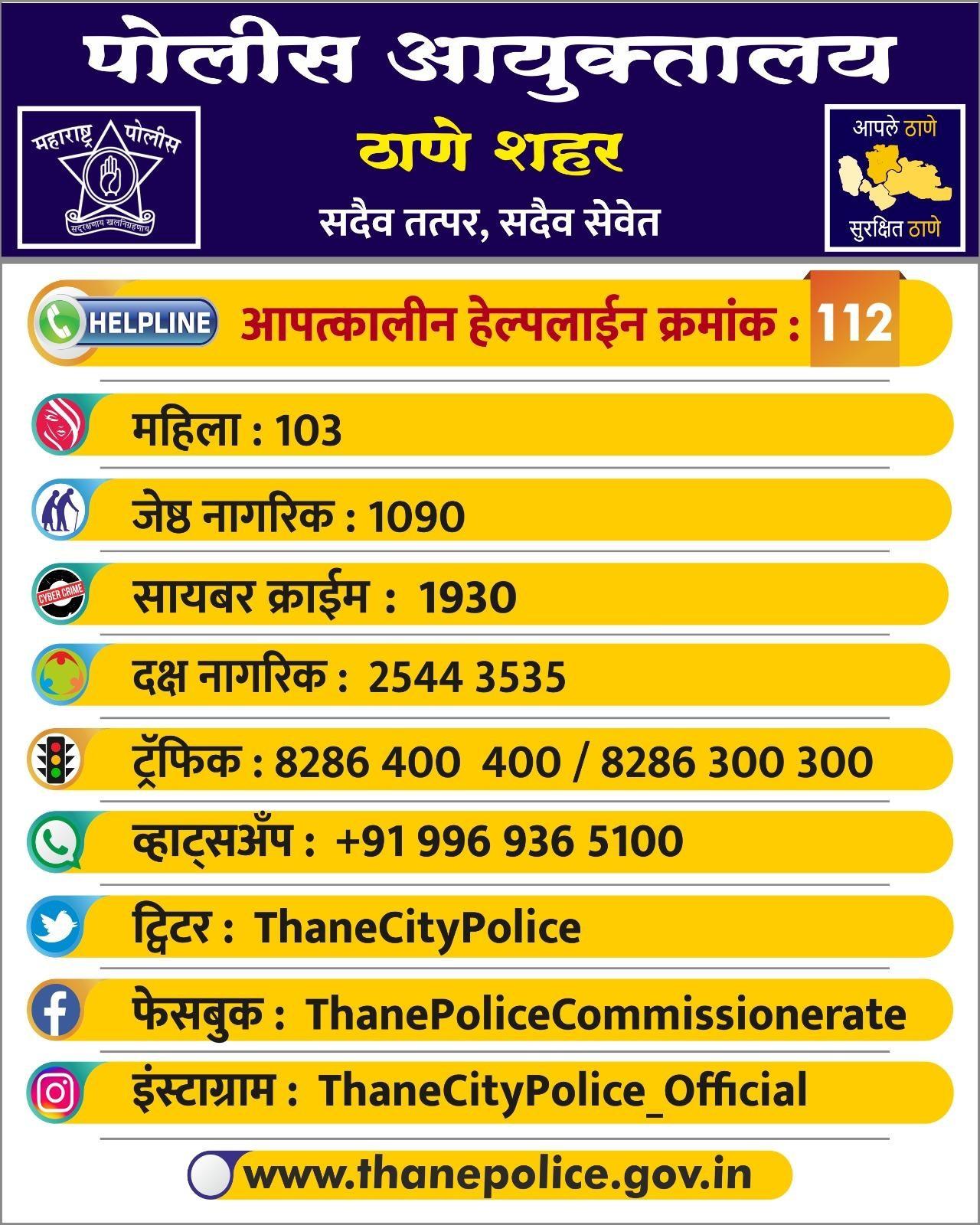
 Subscribe today by clicking the link and stay updated with the latest news!" Click here!
Subscribe today by clicking the link and stay updated with the latest news!" Click here!







